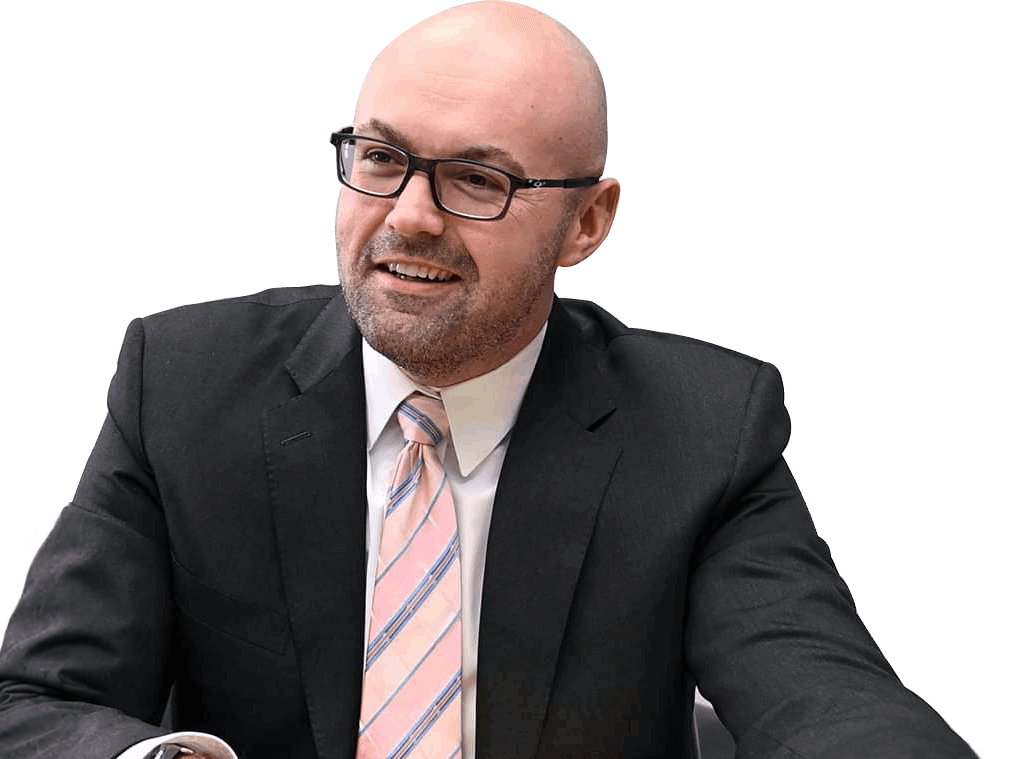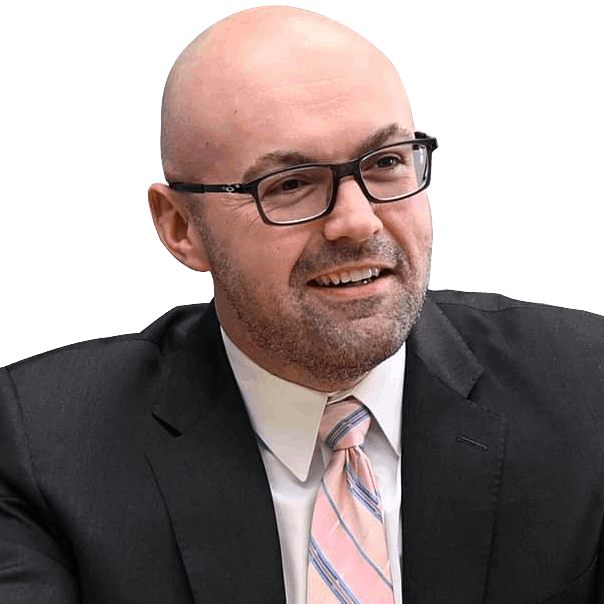In the historic and medically active neighborhood of Kenwood, IL, patients rely on skilled professionals to safely administer anesthesia during surgeries. But when errors occur, the results can be devastating—hypoxic brain injuries, cardiac arrest, or even anesthesia awareness. These mistakes often result from negligence and require experienced legal representation.
At Chicago Injury Lawyer, we serve victims of anesthesia malpractice in Kenwood and throughout Chicago’s South Side. We team up with trusted anesthesiology experts to uncover negligence, collect evidence, and hold providers accountable. For additional safety insights, visit the Anesthesia Patient Safety Foundation.
Call us now at 312-261-5656 for a free, no-obligation consultation, available 24/7. With our no-fee-unless-we-win policy, you can focus on your recovery while we handle the rest.
What Causes Anesthesia Mistakes in Kenwood-Area Hospitals?
Despite the medical sophistication of institutions near Kenwood, such as the University of Chicago Medical Center and Provident Hospital of Cook County, anesthesia errors still occur. Common causes include:
- Skipped or rushed pre-operative risk assessments
- Failure to identify drug allergies or interactions
- Equipment malfunctions (ventilators, infusion pumps, etc.)
- Inadequate intraoperative monitoring of vital signs
- Delayed response to critical patient symptoms
If negligence occurred at these or nearby facilities, victims may be eligible to pursue damages under Illinois medical malpractice statutes.
Types of Anesthesia Errors in Kenwood, IL
Errors may occur at any stage of the anesthetic process. In Kenwood-area operating rooms, common mistakes include:
- Incorrect drug dosage or inappropriate anesthetic type
- Failure to monitor the patient’s oxygen and blood pressure
- Botched epidural, spinal, or regional block procedures
- Miscommunication among surgical team members
- Incomplete informed consent or risk explanation
Such mistakes can transform routine procedures into traumatic medical emergencies with lifelong consequences.
Severe Injuries Caused by Anesthesia Negligence
When administered improperly, anesthesia can cause permanent injury. Victims in Kenwood often suffer from:
- Hypoxia-induced brain damage
- Cardiac complications (arrhythmias, heart failure)
- Stroke due to medication errors or hemodynamic instability
- Anesthesia awareness, leading to post-traumatic stress
- Nerve damage or paralysis following poor injection technique
Our surgical malpractice attorneys advocate for individuals dealing with these serious outcomes.
Filing an Anesthesia Malpractice Claim in Kenwood
Illinois generally allows two years from the date of discovering the injury to file a medical malpractice lawsuit. In cases involving minors or delayed onset injuries, the statute may be extended.
Most Kenwood cases fall under the jurisdiction of the Cook County Circuit Court – First District (Chicago), located at 50 W Washington St, Chicago, IL 60602.
To win an anesthesia malpractice case, your legal team must prove:
- The provider owed a duty of care
- That duty was breached through negligence
- The breach caused your injuries
- You suffered real and measurable harm
If diagnostic errors contributed to the injury, consult our Kenwood misdiagnosis lawyers for broader representation.
For a free legal consultation, call 312-261-5656Next Steps After an Anesthesia Error in Kenwood, IL
Act quickly to preserve your legal rights. After a suspected anesthesia error:
- Request and preserve surgical and anesthesia records
- Obtain consent forms and medication logs
- Report equipment issues to FDA MedWatch
- If criminal negligence is suspected, notify the Chicago Police Department
- Contact a hospital negligence lawyer for a free case review
Gathering evidence early can make the difference in a successful legal outcome.
Why Choose Our Kenwood Anesthesia Malpractice Attorneys
We combine local knowledge with legal precision to protect injured patients in Kenwood. Here’s why clients trust us:
- Proven results in anesthesia-related litigation
- Access to elite anesthesiology and surgical experts
- Deep understanding of the Kenwood-area medical institutions
- No legal fees unless we recover compensation
If your injuries involve limb loss or permanent damage, our amputation claim lawyers can help pursue long-term care and loss-of-earning damages.
EXCELLENTTrustindex verifies that the original source of the review is Google. I can't stress enough how grateful I am that we hired Paul Marriett to help us with our case. His communication was not only timely and thorough but also understandable. He did a phenomenal job guiding us through the process and preparing us for the courtroom, which put our minds at ease. Once our hearing came, he did his job flawlessly and won our case. Additionally, he was quite pleasant to speak with when our judge was behind schedule and while the court was in recess. I highly recommend him to anyone needing an attorney and will reach out again in the future should we ever need representation.Posted onTrustindex verifies that the original source of the review is Google. Very professional and helpful! I would recommend to all my friends and family to hire him. He was eager to know the circumstances of my case even before I hired him. I did contact other lawyers and offices, but none came close to the comfort I felt while talking to Mr. Marriertt, I really felt like he cared about the situation I found myself in. He deserves 6 stars for going above and beyondPosted onTrustindex verifies that the original source of the review is Google. Paul helped me out with a traffic citation. The communication was great as he walked me through my options and what to expect with my court date and plea deal. 10/10 service. Highly recommended. Thanks again, Paul.Posted onTrustindex verifies that the original source of the review is Google. Paul was very professional, sharp dressed and clearly a notch above most in the courtroom. He understood my plight and refused to be bullied. Knows the law to a T....I'm keeping him on speed dial. I think u will trust him too.Posted onTrustindex verifies that the original source of the review is Google. BEYOND satisfied with the services & representation! The communication & efforts have been above & BEYOND! Amazing price as well for a minor traffic hiccup. 11/10 recommend & prefer this firm for any future occurrences!!! Very transparent, & puts in the effort to help you!!!Posted onTrustindex verifies that the original source of the review is Google. If you are needing a lawyer in Rockford or the surrounding areas this is the guy you need to get ahold of! Do not waste your time or money going to someone else.... From the very start Mr. Marriett was on top of his job. I called several lawyers before him and he was the first to thoroughly explain everything I needed to hear without even asking him to. The definition of a great lawyer. Each time we went to court he always let me know ahead of time either in person or via phone what the expectations or options would be going in. I highly recommend Paul Marriett if you are in need of a lawyer!Posted onTrustindex verifies that the original source of the review is Google. Explained everything well. Kept us informed. I'm glad we found him.Posted onTrustindex verifies that the original source of the review is Google. I am very late on sharing my feedback only because I’m google illiterate. Attorney Merriett did a very smart excellent job for me and not real expensive considering how stupid I was to get in trouble . Thank you! For all your professionalism! Bruce P.Posted onTrustindex verifies that the original source of the review is Google. Great service and a reliable lawyer. I'm glad we got him instead of getting anyone else. :)
Get Directions to Our Law Office
Visit us in Chicago for a free consultation
- Address: 101 N Wacker Drive, Suite 100B, Chicago, IL 60606 Get Directions
- Driving Directions: If you’re traveling from The Loop, head north on Wacker Drive. Our office is between Lake and Randolph Streets, easily accessible from I-90 and I-94.
- Parking Options: Convenient parking is available at nearby garages, such as the Wacker & Monroe Garage, and there are metered spaces along N Wacker Drive.
- Landmarks Nearby: Our office is just steps from the Chicago Riverwalk and close to The Loop, making it a convenient location for visitors.
Contact Us
Chicago Injury Lawyers
101 N Wacker Drive, Suite 100B
Chicago, IL 60606
Phone: (312) 261-5656
Email: contact@chicagoinjurylawyer.com
Hours: 24/7

Frequently Asked Questions – Kenwood Anesthesia Claims
What constitutes anesthesia malpractice in Kenwood?
Any breach of medical standards in administering or managing anesthesia that leads to harm may be malpractice. This includes drug errors, poor monitoring, or lack of informed consent.
Can I sue if I woke up during surgery in Kenwood?
Yes. Anesthesia awareness can be traumatic. You may be entitled to damages. If the error occurred during childbirth, our birth injury attorneys can assist with maternal and infant injury claims.
Who may be liable in an anesthesia error case?
Liable parties may include:
Anesthesiologists or CRNAs
Operating room staff
The hospital or clinic
Device manufacturers (if equipment failure was involved)
What is the deadline to file a claim?
You generally have two years from when the injury is discovered. Extensions may apply to minor patients or delayed diagnoses.
What documents are important for my case?
Helpful evidence includes:
Anesthesia logs and surgical reports
Informed consent documentation
Expert testimony from medical professionals
Reports to police or regulatory bodies, if relevant



